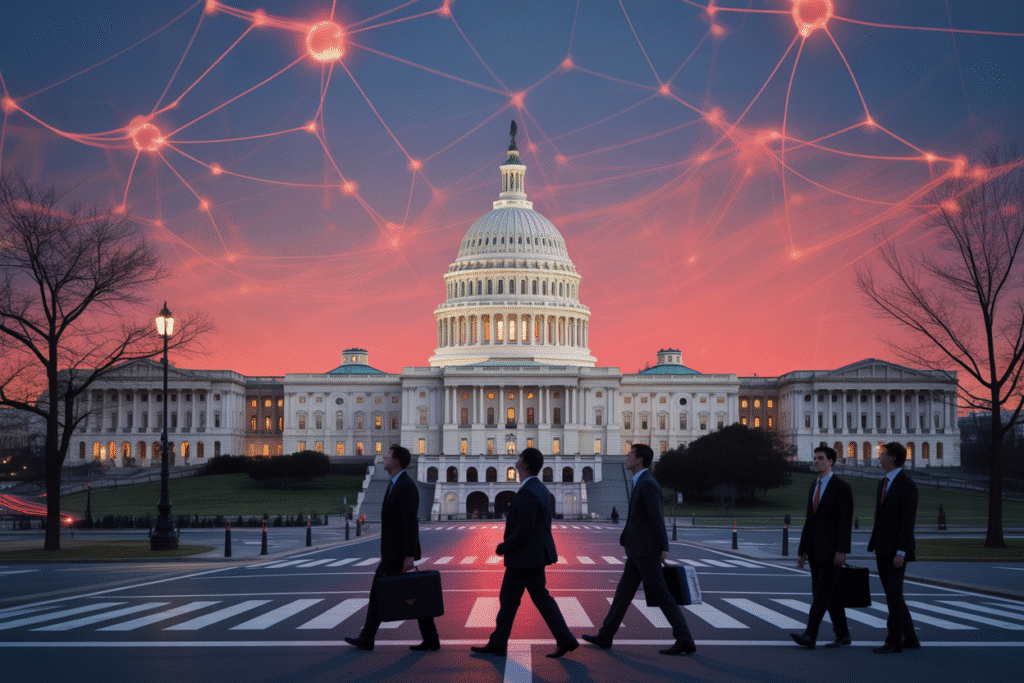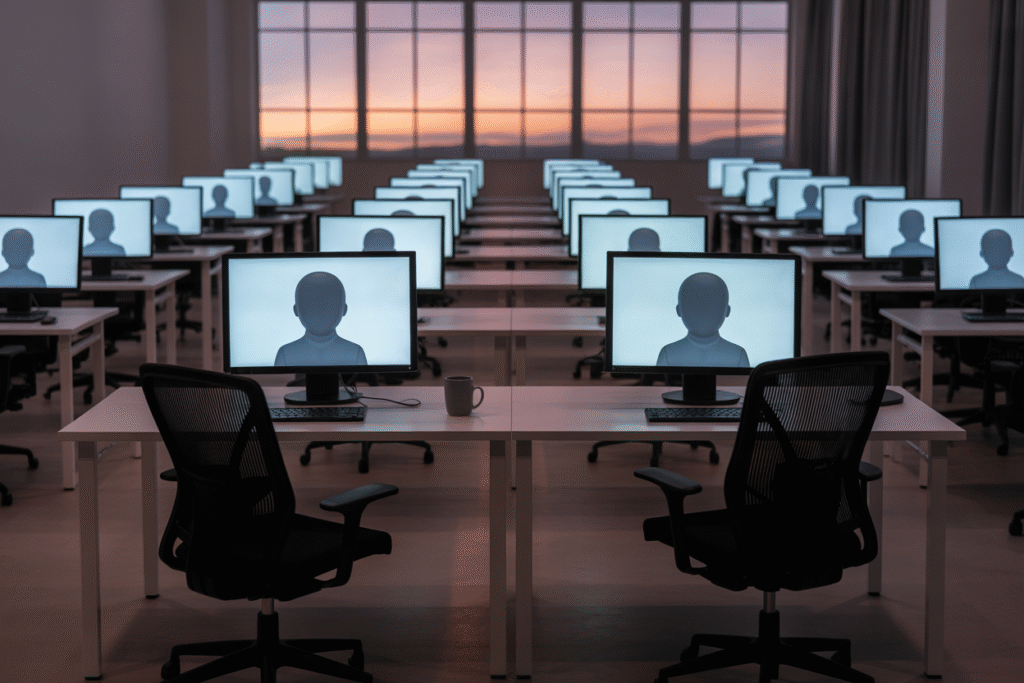A new Reuters/Ipsos poll shows 71 % of Americans fear AI will steal their jobs and 77 % worry deepfakes could sway elections. Here’s why the debate is only getting louder.
Artificial intelligence isn’t some distant sci-fi plot anymore—it’s knocking on our front doors, and a fresh nationwide poll says we’re not sure we want to let it in. From factory floors to Hollywood writers’ rooms, the same question keeps popping up: will AI help us or hurt us? The numbers are in, and they’re loud.
The Numbers That Keep Us Up at Night
Seventy-one percent of Americans believe AI will slash jobs across the board. That’s not a fringe fear—it’s a supermajority. Add in the 77 % who think deepfake videos could tilt an election, and you’ve got a country on edge.
The poll, conducted by Reuters/Ipsos in mid-August 2025, also found 66 % worry AI will erode real human relationships, while 61 % are alarmed by the tech’s growing energy appetite. These aren’t abstract concerns; they’re dinner-table conversations.
What’s striking is the bipartisan agreement. Whether you voted red, blue, or sat out entirely, the anxiety cuts across every demographic slice. In short, AI politics has officially become kitchen-table politics.
Why the Debate Feels So Personal
Imagine waking up to a video of your senator saying something outrageous—only it never happened. Deepfake technology can make that nightmare real, and 77 % of us are terrified of exactly that scenario.
On the jobs front, the fear isn’t just about factory robots. Creative professionals—graphic designers, copywriters, even voice actors—see AI tools that can mimic their craft in seconds. The promise of new roles can feel hollow when rent is due next month.
Then there’s the energy question. Training a single large AI model can emit as much carbon as five cars in their lifetime. Suddenly that smart assistant feels less like a helpful roommate and more like an environmental freeloader.
Supporters counter that every tech wave—from steam engines to the internet—ultimately created more jobs than it destroyed. Critics reply that this time the pace of change is simply too fast for retraining to keep up. Who’s right? The jury is still out, but the anxiety is here right now.
Where Do We Go From Here?
Policy makers are scrambling to keep up. Congress is drafting bills on AI transparency, the FTC is probing algorithmic bias, and state legislatures are floating everything from deepfake disclosure laws to energy caps on data centers.
Meanwhile, Silicon Valley’s loudest voices are split. Elon Musk tweets that regulation should wait until the technology matures; labor unions argue that by then it’ll be too late. The result is a policy vacuum that only fuels more fear.
So what can you actually do? Start by demanding transparency from the platforms you use. Ask which AI models power your favorite apps and how your data trains them. Support local journalism that investigates AI misuse. And vote—because AI politics will be on every ballot sooner than you think.
The conversation isn’t going away. The only question is whether we shape AI’s future or let it shape ours while we scroll in silence.


